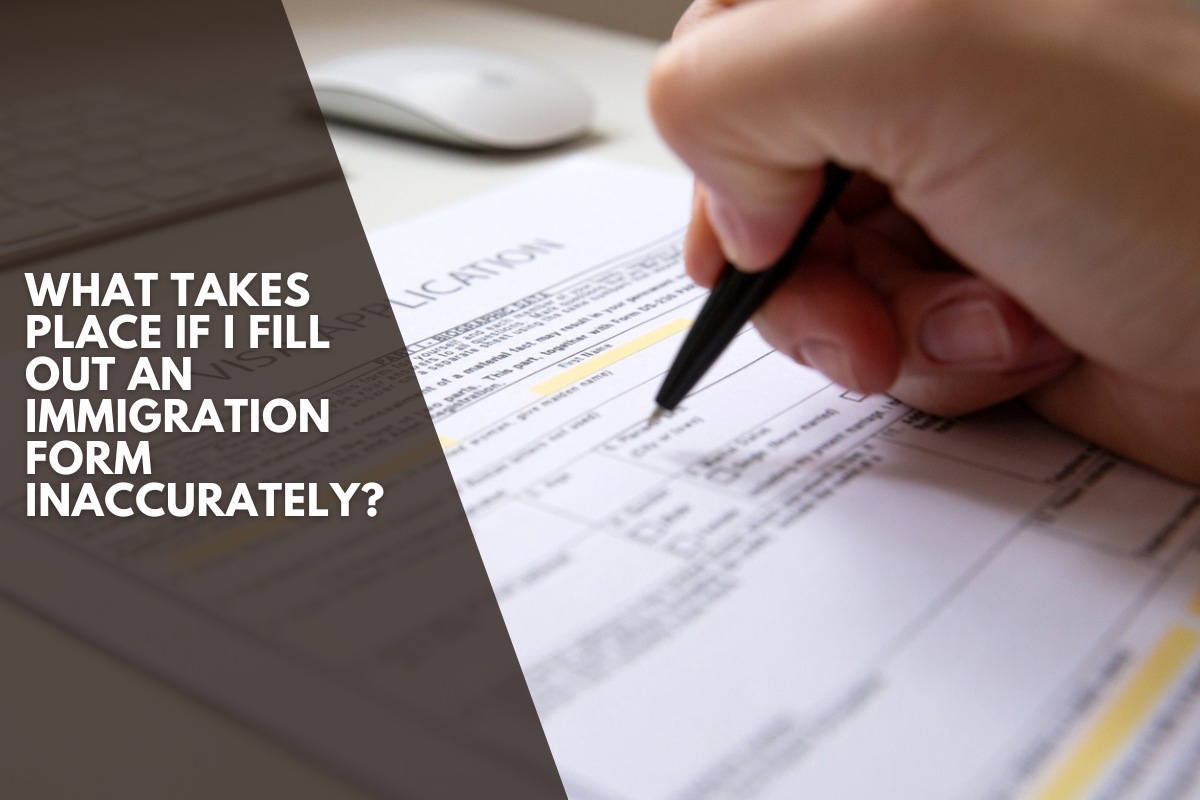Filling out an immigration form inaccurately—whether by mistake or intentionally—can have serious consequences. The U.S. immigration system is strict about accuracy and honesty, and errors on forms can delay, complicate, or even endanger your application. Here’s what can happen:
1. Delays in Processing
If you make small mistakes, such as misspellings, missing information, or incorrect dates, your form may be returned or placed on hold. U.S. Citizenship and Immigration Services (USCIS) often issues a Request for Evidence (RFE) or a Notice of Action asking you to correct or provide additional information. This can add months to the processing time.
2. Denial of Your Application
More serious errors, such as submitting the wrong information about your status, family, or employment, can lead to outright denial. Even unintentional mistakes may be interpreted as carelessness or a failure to meet eligibility requirements.
3. Accusations of Misrepresentation or Fraud
If the government believes you intentionally provided false information, it can be considered misrepresentation or fraud. This is a very serious issue that can lead to:
Permanent bars from entering the U.S.
Deportation (if you are already in the country).
Ineligibility for future immigration benefits, including visas, green cards, or citizenship.
4. Financial Loss
Immigration applications often involve high fees. If your application is rejected or denied due to mistakes, you usually won’t get your money back. You may have to pay the filing fees again when you resubmit.
5. Possible Legal Consequences
In extreme cases, knowingly providing false information on an immigration form can lead to criminal charges, fines, or imprisonment.
6. Stress and Uncertainty
Even if the error is not fraudulent, having your case delayed or denied can cause emotional stress and uncertainty, especially if you are waiting for work authorization, family reunification, or protection from deportation.
What You Can Do if You Made a Mistake
Before submitting: Double-check everything, and if needed, ask an immigration lawyer or accredited representative to review your forms.
After submitting: If you realize you made a mistake, notify USCIS immediately with a letter or corrected form. In many cases, they will allow you to clarify before making a final decision.
Get legal help: If the error is serious or you receive a denial, consult with an immigration attorney as soon as possible.
Inaccurate information on an immigration form can cause anything from simple delays to permanent bans. Always be truthful, thorough, and careful when completing forms to avoid unnecessary risks.











